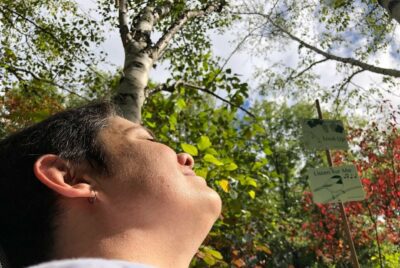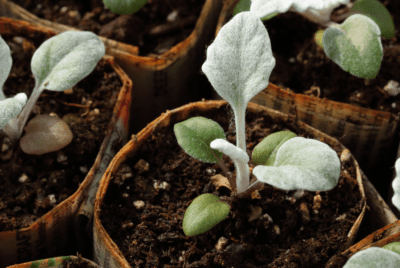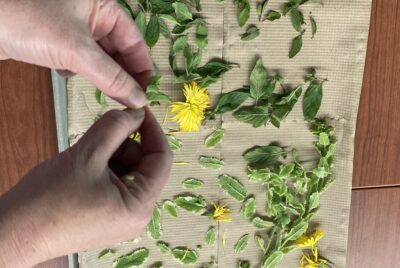RESEARCH
Equity and Inclusion in the Garden : Factors that Facilitate Immigrants and Refugees Participation in a Community Garden Network in Lansing, MI
Summary
This study looked at how community gardens can help immigrants and refugees feel more included and connected in their local communities. Focusing on Lansing, Michigan—where 20% of gardeners in some gardens are immigrants or refugees—the researcher worked closely with three community gardens. She interviewed 11 immigrant and refugee gardeners, led a focus group with garden leaders, and asked participants to sort plant images and draw their ideal garden. The goal was to better understand what motivates these gardeners, how they share and adapt knowledge, and what garden features make them feel welcome and valued.
The study found that community gardens promote inclusion when they encourage social bonding through sharing food, learning from each other, and working together. Gardeners felt more connected when they could grow traditional crops, share their harvest with others, and be seen as active contributors in their neighborhoods. The ability to teach and learn gardening skills, access familiar foods, and find common ground with others helped build a strong sense of community.







